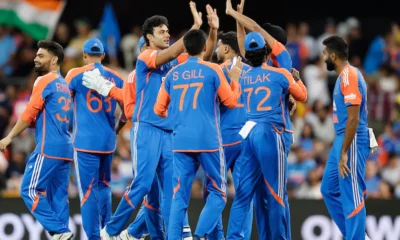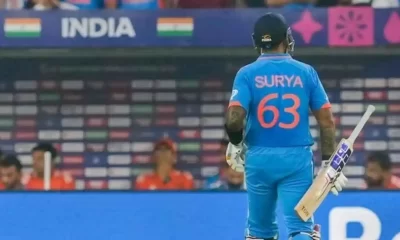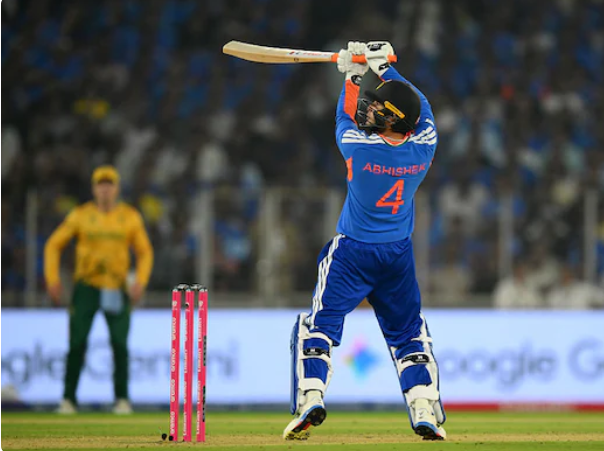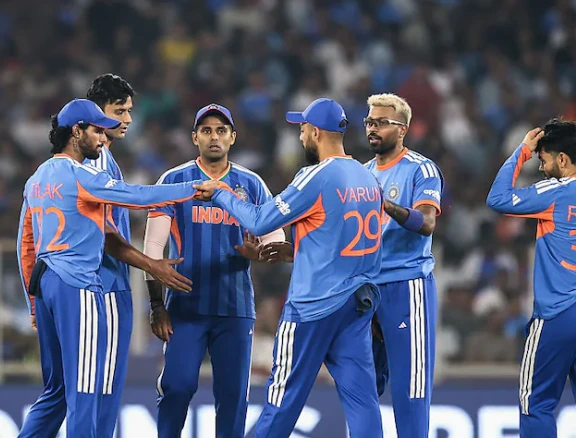Washington Sundar has been thrust into the spotlight once again as he made his return to India’s playing XI for the fourth Test against Australia at the Melbourne Cricket Ground. His inclusion, which came at the expense of Shubman Gill, has sparked a flurry of discussions, both on social media and among cricket experts, about his role in the team, his credentials as an all-rounder, and what his performance will mean for India’s chances in the ongoing Border-Gavaskar Trophy.
Sundar, who has previously impressed with his all-round abilities, has had a tumultuous journey with the Indian cricket team, especially in the Test format. Known for his ability to bowl tight off-spin and contribute with the bat, Sundar’s most memorable performance came in India’s historic win over Australia in the 2020-21 series. However, it is his return to the Test squad for this high-profile series that has gotten the cricket world talking.
His inclusion comes in the wake of Ravichandran Ashwin’s retirement from limited-overs cricket and his exclusion from the playing XI in the first few Tests of the series. With Ashwin’s absence, Sundar was given an opportunity to step into the spin department alongside Ravindra Jadeja, especially after a stellar performance against New Zealand earlier this year. Sundar claimed seven wickets in a single innings during that match, putting in a performance that elevated his reputation as a reliable bowling option. This made his re-entry into the squad even more anticipated, with many hoping for him to make an immediate impact.
However, while Sundar’s return has been welcomed by many, not all are convinced about his role as an all-rounder in the traditional sense. Former cricketer Sanjay Manjrekar, known for his insightful commentary, expressed his doubts over Sundar’s credentials as an all-rounder, suggesting that the young player’s contributions with the bat and ball have not always been consistent enough to fulfill the high expectations that come with such a role. Manjrekar also included Nitish Reddy in his criticism, questioning whether both players could truly fulfill the versatile role needed in modern Test cricket.
For Sundar, however, his performance will likely speak louder than any criticism. The pressure on him to perform in a Test series as crucial as this one against Australia is immense, and many eyes will be on him to prove his worth. With the likes of Marnus Labuschagne, Usman Khawaja, and Steve Smith in Australia’s formidable lineup, Sundar’s ability to deliver with the ball could be pivotal in the context of the game.
Despite the debate, Sundar’s skills as a bowler have been widely recognized. His calm demeanor and knack for bowling tight lines have helped him earn the confidence of the Indian team management. What sets him apart is his maturity at a young age, especially in pressure situations. Though his batting has not always been as consistent as his bowling, his ability to contribute with the bat adds another dimension to his utility in the team.
The 24-year-old has made his way through the ranks, and this series offers him another chance to prove his mettle. His role in the ongoing series could prove vital, particularly in India’s bid to retain the Border-Gavaskar Trophy. If Sundar can deliver with both bat and ball, he could become a regular feature in the Indian Test team, solidifying his position as a key all-rounder in the squad.
With the series tied and both teams fighting hard for supremacy, Sundar’s performance could be a game-changer for India. His return is symbolic not just of the changes in the Indian squad but of the continued shift towards integrating youth and fresh talent into the team. As the series progresses, all eyes will be on Sundar, who now faces the challenge of turning potential into performance and answering the critics who have questioned his place in the Test team.
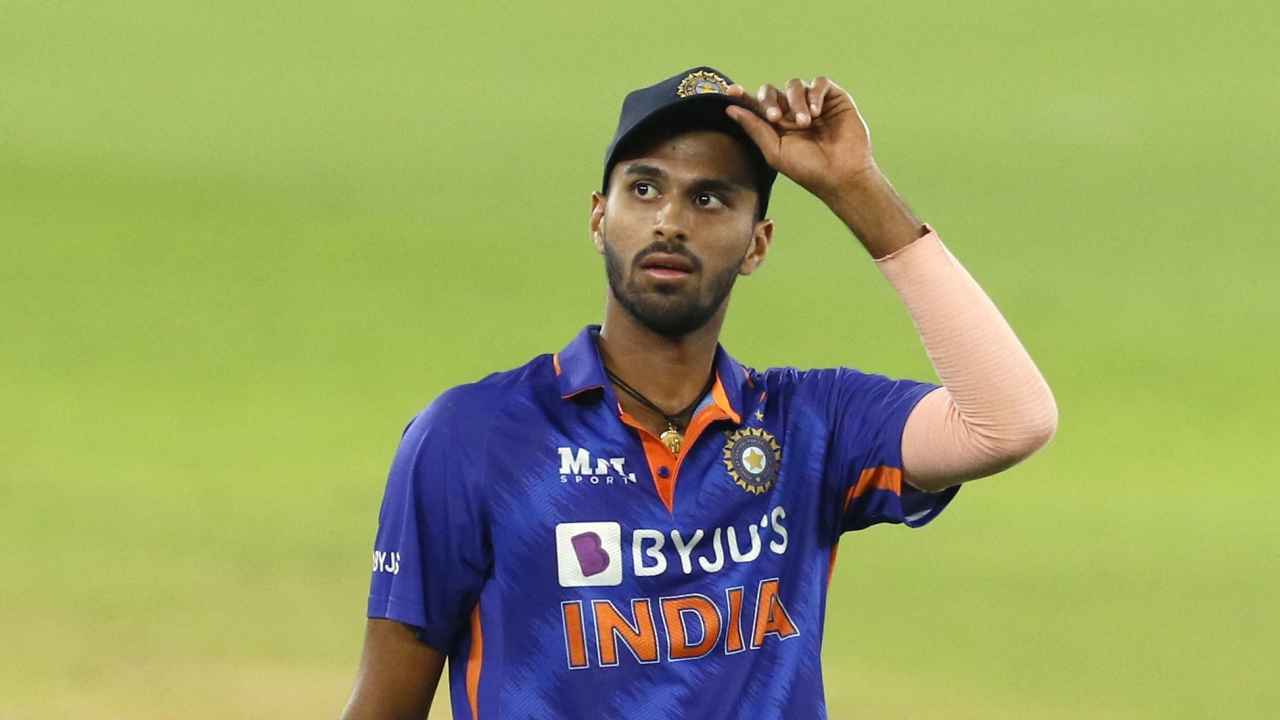

 India News3 hours ago
India News3 hours ago
 India News4 hours ago
India News4 hours ago
 LATEST SPORTS NEWS4 hours ago
LATEST SPORTS NEWS4 hours ago
 India News3 hours ago
India News3 hours ago






